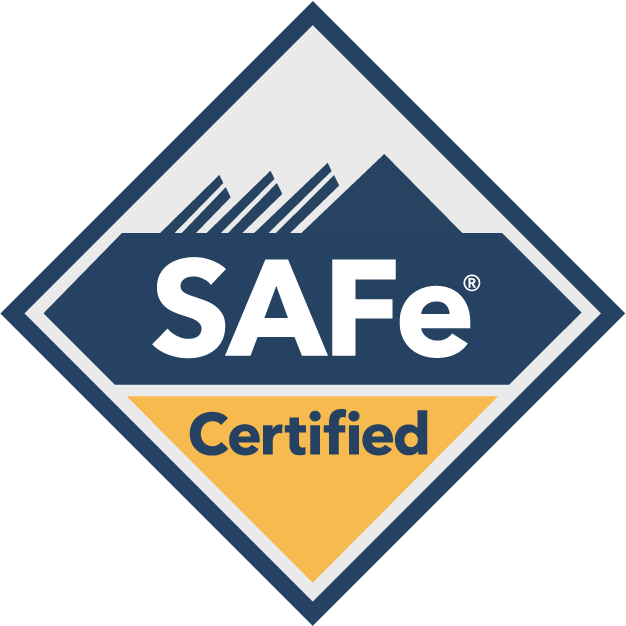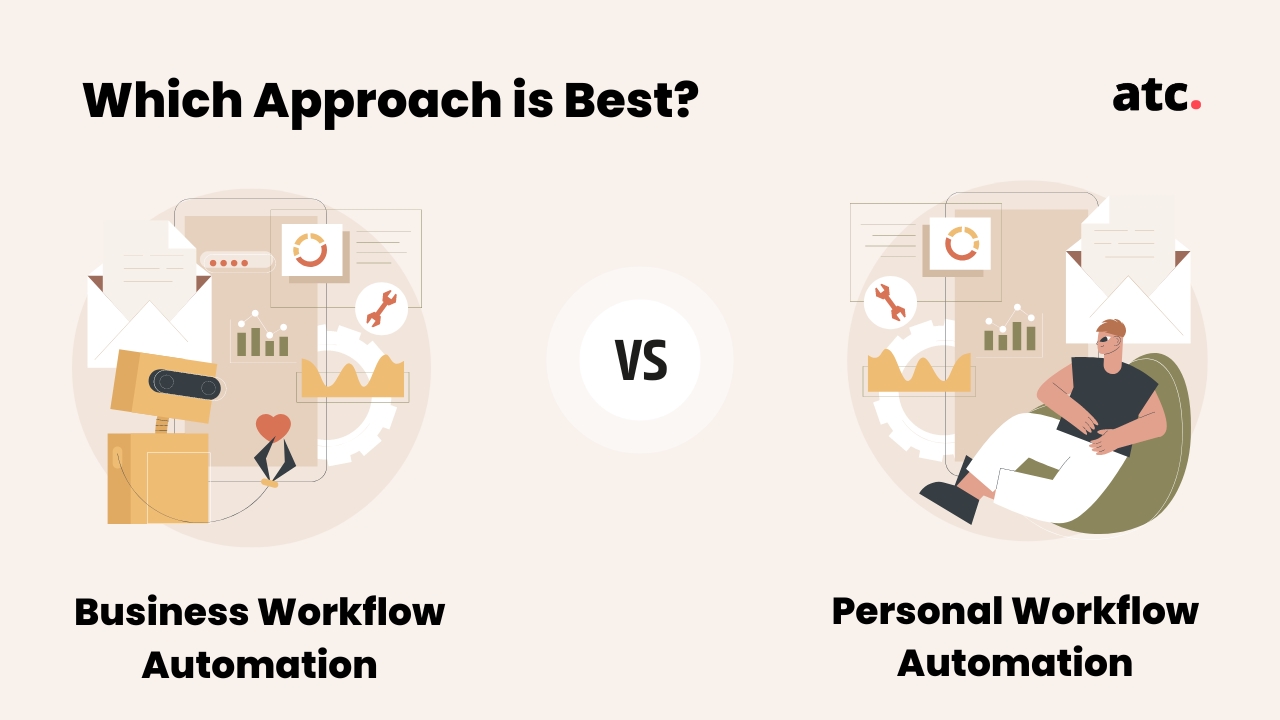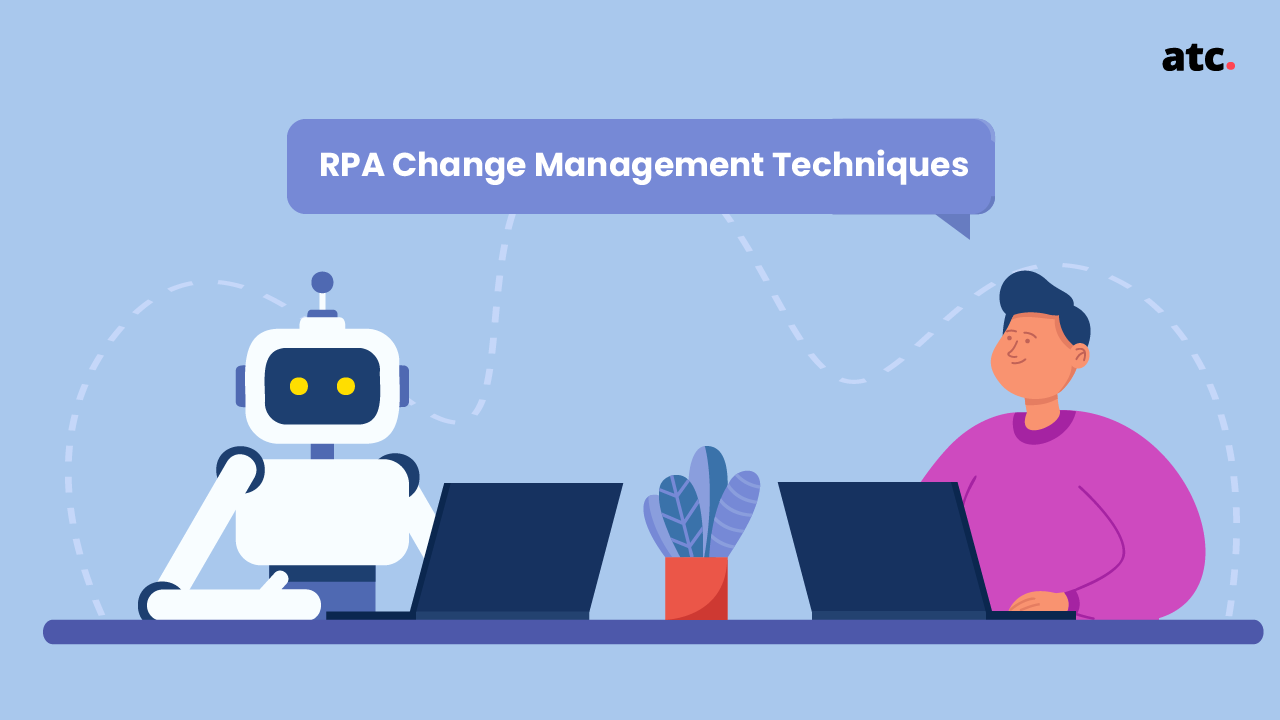Subscribe to the blog
What is Robotic Process Automation?
Robotic process automation (RPA) is an up-and-coming technology that has the potential to revolutionize how businesses operate. RPA can automate repetitive and time-consuming tasks, freeing up employees to focus on more value-added activities. While RPA is still in its early stages of adoption, there are already a number of success stories of businesses that have implemented RPA and seen significant improvements in efficiency and cost savings. As per a report by Gartner, by 2024, organizations will lower operational costs by 30% by combining hyper automation technologies with redesigned operational processes. In this blog post, we will explore some business use cases of RPA.
Human Resources (HR)
Robotic process automation has started to play an important role in the HR of an organization. It helps to speed up the process of recruitment, onboarding, payroll and employee management. Some of the benefits of robotic process automation in HR include:
Employee onboarding: One common application is automating onboarding processes. Automating onboarding can save HR professionals a lot of time and energy, since it can streamline the process of gathering new employee information and adding it to the company database. Additionally, automating onboarding can help ensure that all new employees are set up with the correct permissions and access rights, receive the necessary training materials including company policies and best practices.
Payroll Processing: Traditionally, payroll processing has largely been manual, with employees handling tasks such as gathering time sheets, calculating hours, and preparing payslips. However, with the advent of robotic process automation, organizations are now able to automate many of these tasks, saving time and money.
Recruitments: Recruiters can use RPA to automate the process of finding and screening candidates. For example, RPA can be used to search for candidates on job boards and social media platforms, and to screen candidates based on their qualifications. RPA can also be used to automate the process of communicating with candidates by sending them email notifications about job openings, and to schedule interviews.
Performance Tracking: When it comes to employee performance tracking, RPA can help automate the data collection process. This means that organizations can get real-time data on employee performance, without having to rely on manual data entry. This can help organizations make more informed decisions about employee development and training.
RPA can help organizations track employee performance over time. This can provide insights into how employees are performing relative to their goals, and can help organizations identify areas where they may need to provide additional training or support.
Financial Reports & Accounting
For businesses that generate large volumes of financial data, RPA can automate the task of compiling and preparing reports. By automating data entry, calculation, and other tasks, RPA can help businesses reduce the time it takes to generate accurate financial reports. Additionally, businesses can use RPA to automate the task of reconciling accounts, which can help ensure accuracy and timely reconciliation.
Financial planning and forecasting: RPA can be used for financial planning and forecasting in a number of ways. Perhaps the most obvious is automating the calculation of certain figures or creating a report based on data collected from various sources. However, RPA can also be used to improve the accuracy and timeliness of financial forecasts by automating the collection and input of data. In addition, RPA can help identify patterns and trends in financial data that may not be apparent to humans, leading to more accurate predictions. Overall, RPA can play an important role in financial planning and forecasting, helping businesses make better decisions with regard to their finances.
Account reconciliation: Robotic process automation (RPA) can be used to automate account reconciliation. RPA can be used to extract data from multiple sources, including accounting software, ERP systems, and databases. RPA can then compare this data and flag any discrepancies. This can save significant time and effort compared to manual account reconciliation.
Marketing and Analytics
RPA is already being used by many businesses to automate their marketing and analytics operations. For example, RPA can be used to automate the process of gathering data from various sources, including social media, website analytics, and customer databases. It can also be used to automate the analysis of this data, allowing businesses to make better decisions about their marketing campaigns and product offerings.
Customer Service
RPA can also be used to automate customer service processes such as complaint handling, order processing, and invoicing. This can help to improve the customer experience by ensuring that queries are dealt with quickly and efficiently and helping to avoid any delays or interruptions to the service.
Customer Due Diligence
RPA can be used in customer due diligence (CDD), which is the process of verifying the identity and legitimacy of customers. RPA can automate tasks such as verifying customer contact information, checking for red flags, and retrieving customer information from various databases. RPA can also help organizations keep their CDD process up to date. As new regulations are enacted or changes are made to customer information, RPA can update CDD processes accordingly. This helps organizations ensure compliance with ever-changing regulations and helps them avoid potential fines or penalties.
RPA is also valuable in fraud detection. Fraudsters often use fake identities to commit crimes, so it is important for organizations to be able to quickly identify and investigate any suspicious activity. RPA can automate many of the steps in fraud detection, such as checking for patterns of behavior, comparing customer information across databases, and flagging suspicious activity for further review.
Client and Vendor Onboarding
Client and Vendor onboarding can be time-consuming and complex, involving many different departments and stakeholders. RPA can help streamline these onboardings by automating key tasks such as data entry, approvals, and communication.
Client Onboarding: Client onboarding is the process of gathering the necessary information and documentation from a new client and entering it into the company’s systems. It can be a time-consuming and error-prone process, which is why RPA is such a valuable addition for businesses of all sizes. RPA bots can be configured to automate various tasks in the client onboarding process, such as data entry, document verification, and compliance checks. This not only saves time and increases efficiency, but it also helps to reduce human error.
Vendor Onboarding: One of the most time-consuming aspects of vendor onboarding is often simply gathering all of the necessary information and entered into systems. This can be a tedious and error-prone process, but RPA can automate it quickly and accurately. Another key part of vendor onboarding is maintaining clear communication with your vendors. From providing updates on the status of their application to answering any questions they might have, RPA can help manage these interactions quickly and efficiently. RPA helps keep track of all the various documents and approvals that are required during vendor onboarding. RPA can help manage and track all of this documentation, ensuring that nothing falls through the cracks.
IT Services
There are many potential applications for RPA in information technology, including help desk support, system administration, data entry, and software testing.
Helpdesk Support: Robotic Process Automation (RPA) can help speed up and improve the quality of helpdesk support. RPA can be used to automate a variety of tasks, including- answering common customer questions; filling out standard forms; troubleshooting basic issues; escalating tickets to appropriate support staff; and by providing accurate and up-to-date information to agents. This can help agents resolve customer issues more quickly and effectively. This can free up time for agents to provide more personalized support, leading to a better overall customer experience.
System Administration: System administrators are responsible for managing and maintaining the computer systems of a company. This can include tasks such as installing new software, adding new users, and troubleshooting problems.
Data Entry: RPA can be used to automate a wide variety of tasks in the IT data entry process, including extracting data from multiple sources and entering it into a central repository; performing data validation and cleansing; generating reports based on data entered; and uploading data to cloud-based applications.
Software Testing: There are many benefits of using RPA in software testing. For one, it can help businesses reduce their dependence on costly manual labour. Additionally, RPA can improve accuracy and consistency in software testing by automating the process of executing test cases. In addition, RPA can speed up the software testing process by running tests in parallel.
To Sum Up
Although Robotic Process Automation is still in its early days, it’s poised to completely revolutionize the business world as we know it. It’s important for businesses of all sizes to get on board now and start preparing for the future of work. If you want to learn more about robotic process automation or how it could benefit your business, get in touch. Our team would be happy to discuss this exciting new technology with you and help you figure out how to make the most of it.




